군부 영어로
군부 영어는 군사정권에서 많이 사용되는 전문 용어와 영어 실력을 말합니다. 군사당국에서는 전 세계적으로 사용되는 영어로 의사 소통을 하기 때문에 군인들은 군부 영어를 학습해야 합니다. 이는 일반적인 영어 교육과는 조금 다른데, 군인들은 전투 상황에서 영어를 사용하기 때문에 구어체에 익숙해져야 합니다.
군부 영어의 배경과 역사
군부 영어는 대한민국의 국방력을 강화하기 위해 국군에서 만들어졌습니다. 1948년 대한민국 정부는 전하문제로 인해 군사정권이 성립하였습니다. 이후로 군부 영어가 국방력을 높이기 위한 중요한 역할을 담당하게 되었습니다.
그리고 1960년대 이전에는 전투와 관련된 용어 외에도 어학 능력이 중요한 역할을 담당하였습니다. 1960년대 이후 군에 입대하는 인원이 늘면서 전문 용어를 배우는데 큰 역할을 하게 되었습니다.
하지만, 군부 영어 교육은 불이익이라는 폭발적인 비판에도 불구하고 많은 사람들이 군부 영어를 학습하고 있습니다.
군부 영어 교육 필요성
군 부대에서 군사 커뮤니케이션을 할 때 영어 실력은 매우 중요합니다. 사실, 전체 미국군에서 80%가 다른 언어를 구사하지 않습니다. 그렇기 때문에, 국방력과 군사 교육에서 영어 학습이 필수적이 됩니다.
군부 영어 교육 방법
군부 영어 교육 방법은 일반적인 영어 교육 방법과는 좀 다릅니다. 전투 상황에서 사용되는 언어와 전문 용어를 배우기 위해서는, 군부 영어 교육은 구어체에 더욱 초점을 맞추게 됩니다.
따라서, 군 부대 내에서는 별도로 교육을 진행하게 되며, 이론 수업과 실제 전투 상황에서 영어를 사용하는 실습이 포함됩니다.
군부 영어를 배우는 기회와 장소
군인이 되려면 입대 과정에서 필수적으로 군부 영어 교육을 받습니다. 국방부에서는 군관학교와 부대 내 수강 과정을 통해 군부 영어를 제대로 배우는 프로그램을 운영하고 있습니다.
또한, 군부 영어는 의무 군복무를 하지 않는 사람들도 학습할 수 있는 기회가 있습니다. 국방부는 성인들을 위해 경비병 교육소에서 군부 영어 교육을 지원하고 있습니다. 이는 필수는 아니지만, 일상 생활에서 영어 능력을 증진시키는 데 도움이 됩니다.
군부 영어의 영향력과 활용
군부 영어는 다양한 분야에서 활용됩니다. 군사 전략과 관련된 새로운 개념 및 기술 등이 미국에서 개발되면 이를 적용하기 위해서는 군 부대 내에서 군부 영어 교육이 이루어져야 합니다.
군부 영어는 군 부대 내에서만 사용되는 것이 아니라, 국제 단체와 협력할 때도 중요한 역할을 합니다. 대부분의 국제기구 및 인권단체에서는 영어를 기본적으로 사용하며, 군 부대는 이러한 기관들과 함께 운영됩니다. 따라서, 군부 영어는 군사 국제협력 및 국가안보를 담당하는 데 매우 중요한 역할을 합니다.
군부 영어 교육의 한계와 개선 방안
군부 영어 교육은 군사 커뮤니케이션을 위한 필수적인 요소입니다. 그러나 군부 영어 교육이 미국 군사와 비교할 때 여전히 불균형적이라고 비판받고 있습니다.
개선이 필요한 부분으로는 먼저 의사 소통 능력에 대한 교육이 강화되어야 합니다. 그리고 군부 영어 교육에 대한 평가기준을 마련하는 것이 매우 중요합니다. 이를 통해 군인들이 군부 영어 교육을 통해 제대로 배웠는지 검증할 수 있게 됩니다.
또한, 군부 영어 교육을 받는 사람들이 능동적으로 참여할 수 있는 수업 방식도 개선되어야 합니다. 교육 효과를 증진시키기 위해서는 군인들이 능동적으로 참여해야 합니다.
FAQs
1. 군부 영어 교육은 필수적인가요?
네, 군부 영어 교육은 국방력을 향상시키기 위해 필수적인 요소입니다.
2. 군 부대에서 군부 영어 교육은 어떻게 이루어지나요?
군 부대 내에서는 구어체에 초점을 맞춘 이론 수업과 실제 전투 상황에서 영어를 사용하는 실습이 진행됩니다.
3. 군부 영어를 배우기 위해서는 어디에서 어떻게 배울 수 있나요?
입대과정에서는 필수적으로 배우지만, 여러 경로로 군부 영어를 배울 수 있습니다. 군관학교와 부대에서 수강 과정을 통해 배울 수 있으며, 경비병 교육소에서는 성인들도 군부 영어 교육을 제공하고 있습니다.
4. 군부 영어 교육은 국제 단체에서도 활용될까요?
네, 군부 영어는 군사 국제협력 및 국가안보를 담당하는 데 매우 중요한 역할을 합니다. 대부분의 국제기구 및 인권단체에서는 영어를 기본적으로 사용합니다.
5. 군부 영어 교육에는 개선이 필요한 부분이 있나요?
네, 군부 영어 교육은 미국 군사와 비교할 때 여전히 불균형적이므로 개선이 필요합니다. 의사 소통 능력에 대한 교육, 교육 효과를 증진시키기 위한 수업 방식의 개선 등이 중요합니다.
사용자가 검색한 키워드: 군부 영어로 Military dictatorship
Categories: Top 47 군부 영어로
군사조직: 육군 부대단위 영어로 / Army Unit in English / 영어 알려주는 아재
여기에서 자세히 보기: chinhphucnang.com
Military dictatorship
In the early 20th century, Korea was colonized by Japan. After World War II, the country was divided into North and South Korea, with the South being the more prosperous region. South Korea was governed by a series of administrations that were plagued by corruption, political instability, and economic struggles. In 1961, a military coup led by General Park Chung-hee toppled the civilian government and established a military dictatorship in South Korea.
The Era of Military Dictatorship
The era of military dictatorship in South Korea lasted from 1961 to 1987. During this period, the country was ruled by military elites, who used force and intimidation tactics to maintain their power. The military regimes suppressed civil rights, freedom of speech, and democracy. Under the guise of fighting communism and maintaining order, military leaders banned political activities, arrested and imprisoned dissidents, and censored the media.
The first military regime, led by General Park Chung-hee, lasted for eighteen years, from 1961 to 1979. General Park was a military officer and former Korean-Japanese army major who came to power through a military coup in 1961. He was known for his authoritarian rule, censorship of the media, and suppression of political opposition.
During his reign, Park launched an economic reform known as the “Miracle on the Han River,” which transformed South Korea from a poor agrarian society to an industrial powerhouse. However, despite the economic progress, Park’s regime was plagued by corruption, human rights violations, and censorship.
In 1979, Park was assassinated by his own intelligence chief, but the military remained in power. A series of military coups and counter-coups followed, and in 1980, another military regime, led by General Chun Doo-hwan, came to power.
The Chun Doo-hwan regime was known for its brutal suppression of political dissent. In May 1980, the regime declared martial law and ordered the military to quell a popular uprising in the city of Gwangju. The military responded with force, killing hundreds of civilians. The Gwangju Uprising is regarded as a turning point in South Korea’s democratic movement.
In 1987, the Chun Doo-hwan regime bowed to public pressure and allowed the formation of opposition political parties. The regime then held parliamentary elections, which were won by civilian candidates.
The Legacy of Military Dictatorship
The military dictatorship in South Korea left a lasting legacy on the country’s political and social structures. During this period, civil liberties and democratic institutions were suppressed, and many people were imprisoned or tortured for their political beliefs.
However, the military regimes also laid the foundation for South Korea’s economic success. The “Miracle on the Han River” transformed a poor agrarian society into a thriving industrial economy, which became one of the world’s leading exporters of electronics, automobiles, and steel.
The military regimes also helped to forge a strong sense of national identity among Koreans. The regimes emphasized the importance of nationalism and patriotism, which helped to unify the country and build a strong sense of pride among Koreans.
However, the legacy of military dictatorship is still felt in contemporary South Korean society. Despite the country’s economic success and democratic reforms, many Koreans remain wary of the military and its power. The military is still viewed with suspicion, and some people fear that South Korea could fall back into military dictatorship if the political situation were to deteriorate.
FAQs
1. When did military dictatorship begin in South Korea?
Military dictatorship began in South Korea in 1961, when a military coup led by General Park Chung-hee toppled the civilian government and established a military dictatorship in the country.
2. When did the era of military dictatorship end in South Korea?
The era of military dictatorship in South Korea ended in 1987, when the Chun Doo-hwan regime bowed to public pressure and allowed the formation of opposition political parties. The regime then held parliamentary elections, which were won by civilian candidates.
3. How did the military governments suppress civil liberties?
The military governments in South Korea suppressed civil liberties by banning political activities, arresting and imprisoning dissidents, censoring the media, and suppressing freedom of speech.
4. How did the military regimes contribute to South Korea’s economic success?
The military regimes in South Korea contributed to the country’s economic success by launching an economic reform known as the “Miracle on the Han River,” which transformed South Korea from a poor agrarian society to an industrial powerhouse. The reform led to the creation of a thriving export-led economy that became one of the world’s leading exporters of electronics, automobiles, and steel.
5. How is the legacy of military dictatorship felt in contemporary South Korean society?
The legacy of military dictatorship is still felt in contemporary South Korean society. Despite the country’s economic success and democratic reforms, many Koreans remain wary of the military and its power. The military is still viewed with suspicion, and some people fear that South Korea could fall back into military dictatorship if the political situation were to deteriorate.
주제와 관련된 이미지 군부 영어로
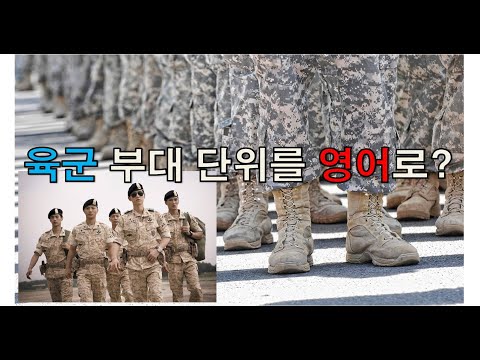
군부 영어로 주제와 관련된 이미지 7개를 찾았습니다.



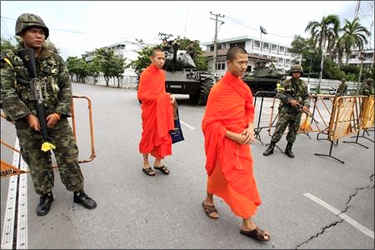
![매일10분 영어뉴스] 부정선거를 이유로 발생한 군사 쿠테타로 지도자들을 감금한 미얀마 (2021. 02. 02) - YouTube 매일10분 영어뉴스] 부정선거를 이유로 발생한 군사 쿠테타로 지도자들을 감금한 미얀마 (2021. 02. 02) - Youtube](https://i.ytimg.com/vi/h3OCOVFJem4/maxresdefault.jpg)
![장악하다, 접수하다' 영어로? [EBS모닝스페셜 영어뉴스] : 네이버 블로그 장악하다, 접수하다' 영어로? [Ebs모닝스페셜 영어뉴스] : 네이버 블로그](https://mblogthumb-phinf.pstatic.net/MjAyMTA4MTZfMTM3/MDAxNjI5MDkyOTIyMzAz.ZAbi2lAr_plfyAs9ioHj_N7eFpgrGpLEcHKUwIWGiHIg.0D4JcrlBC8Idpdt75kGE0dyB1THBGmpZnue3Nq_LY1cg.JPEG.georage/20210816143736.jpg?type=w800)
![지루하고 졸음만 오는 청문회는 가라 [정미경의 이런영어 저런미국]|동아일보 지루하고 졸음만 오는 청문회는 가라 [정미경의 이런영어 저런미국]|동아일보](https://dimg.donga.com/wps/NEWS/IMAGE/2022/07/03/114207006.3.jpg)
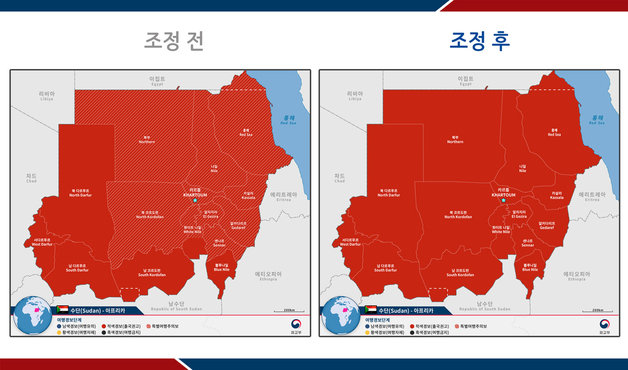
![영어뉴스] 페이스북, 미얀마군부 계정차단 (VOA 2/26 금) - YouTube 영어뉴스] 페이스북, 미얀마군부 계정차단 (Voa 2/26 금) - Youtube](https://i.ytimg.com/vi/vD7FCpfdTXs/hqdefault.jpg)

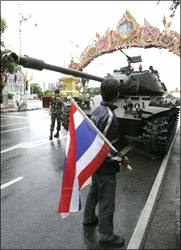
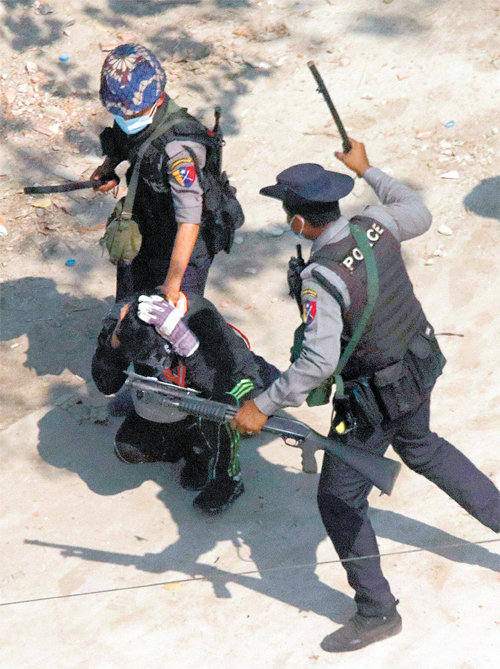

![단독]“Aigoo” 한숨 그대로 英譯… 이젠 위안부 참상 읽는 세계가 증인|동아일보 단독]“Aigoo” 한숨 그대로 英譯… 이젠 위안부 참상 읽는 세계가 증인|동아일보](https://dimg.donga.com/wps/NEWS/IMAGE/2019/08/12/96924797.1.jpg)
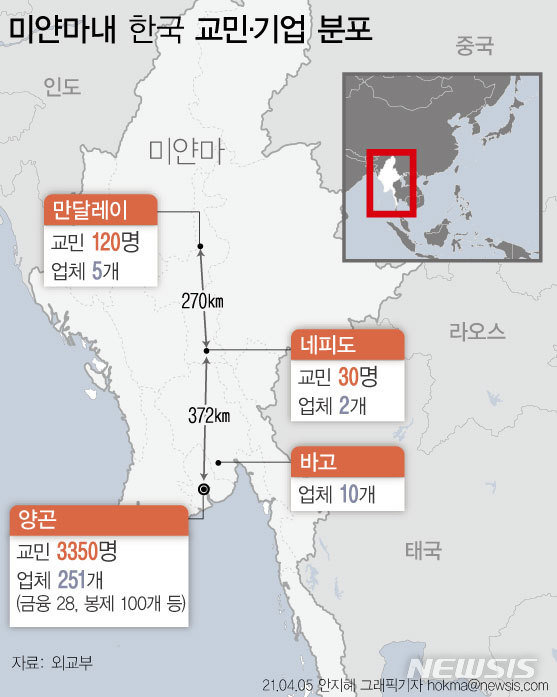

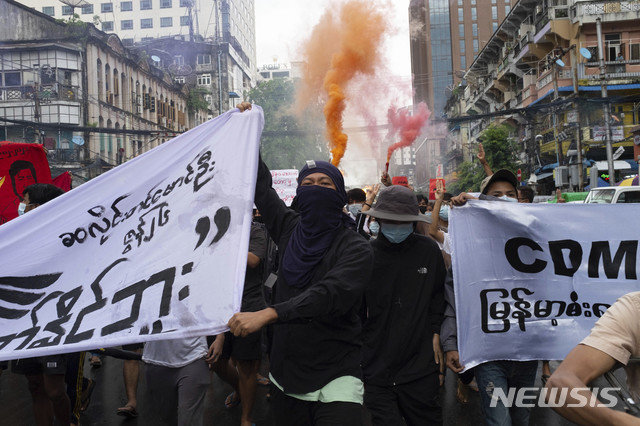
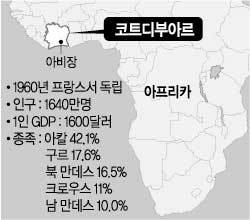



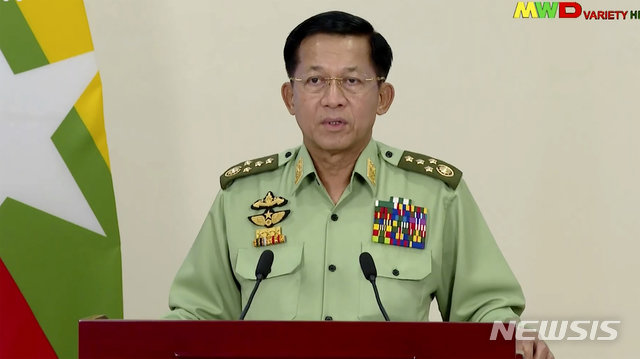
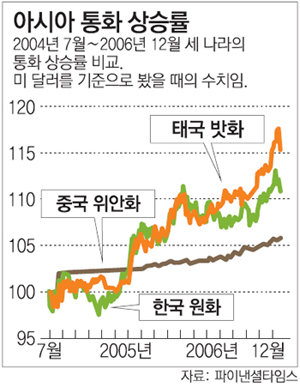


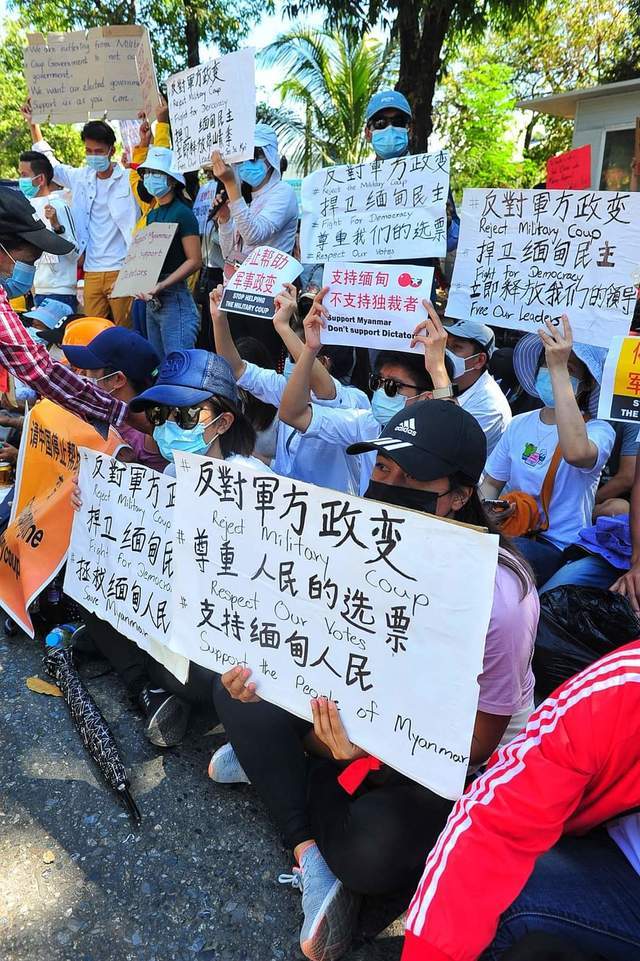
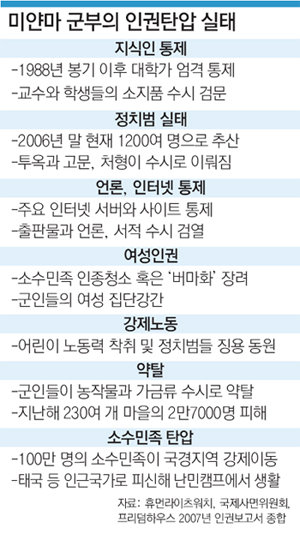
Article link: 군부 영어로.
주제에 대해 자세히 알아보기 군부 영어로.
- ‘군부’: Naver Korean-English Dictionary
- 영어 Translation of “군부” | Collins Korean-English Dictionary
- 군사 영어 – 위키책
- “군부”을 영어로 번역 – Glosbe 다국어 사전
- Meaning of 군사력 in Korean english dictionary – 영어 한국어 …
- 군사용어
- 군사독재 – 위키백과, 우리 모두의 백과사전
- (영어 생활화 캠페인: 시리즈/4-3)군대/군사 Military 영어표현 …
더보기: https://chinhphucnang.com/blogko/